Mango is a tropical fruit known for its sweet, juicy, and fragrant flesh. It belongs to the genus Mangifera and is native to South Asia. The mango tree, scientifically known as Mangifera indica, can grow up to 100 feet in height and produces oblong or oval-shaped fruits with a tough, inedible outer skin. The ripe mango fruit varies in color, from green to yellow, orange, or red, depending on the variety.
Mangoes are not only delicious but also nutritious. They are a rich source of vitamins and minerals, particularly vitamin C and vitamin A, as well as dietary fiber. Mangoes are known for their antioxidant properties and can contribute to a healthy immune system. They are often used in a variety of culinary dishes, from fresh fruit salads to smoothies, salsas, chutneys, and desserts.
Mangoes have a strong cultural and historical significance in many countries, often symbolizing prosperity and happiness. They are also a popular ingredient in traditional medicine for their potential health benefits. Mangoes are usually in season during the summer months, making them a favorite seasonal treat in many parts of the world.
There are numerous mango varieties, each with its unique flavor and characteristics. Some popular types include Alphonso, Tommy Atkins, Kent, and Keitt, among others. Mangoes can be enjoyed in a multitude of ways, whether eaten fresh, dried, or processed into various products like mango juice, pulp, or pickles.
Overall, mango is a versatile and delectable fruit that is cherished for its taste and nutritional value, making it a beloved addition to global cuisine and culture.
***Benefit of mango to humans health****
Mangoes offer several health benefits due to their rich nutritional content. Here are some of the key reasons why mangoes are important for human health:
Nutrient-Rich Mangoes are a good source of essential vitamins and minerals, including vitamin C, vitamin A, vitamin K, and various B vitamins. They also provide minerals like potassium and copper, which are important for overall health.
High in Antioxidants Mangoes are packed with antioxidants, such as quercetin, beta-carotene, and other compounds, which help protect the body from harmful free radicals and reduce the risk of chronic diseases.
Immune System Support The high vitamin C content in mangoes boosts the immune system, helping the body defend against infections and illnesses.
Eye Health The vitamin A content in mangoes is beneficial for maintaining good vision and eye health. It helps prevent night blindness and age-related macular degeneration.
Digestive Health Mangoes are a good source of dietary fiber, which aids digestion, prevents constipation, and supports a healthy gut microbiome.
Skin Health The vitamin C and vitamin A in mangoes contribute to healthy skin by promoting collagen production and protecting against skin damage.
Heart Health The potassium in mangoes helps regulate blood pressure, and the fiber content can assist in reducing cholesterol levels, both of which support heart health.
Weight Management Mangoes can be a healthy addition to a weight management plan due to their fiber content, which helps control appetite and promote a feeling of fullness.
Alkalizing Properties Mangoes have an alkalizing effect on the body, helping to maintain a balanced pH level, which can reduce the risk of certain diseases.
Reduced Risk of Cancer Some studies suggest that the antioxidants in mangoes may have anti-cancer properties and could help reduce the risk of certain types of cancer.
It's important to consume mangoes in moderation, as they are relatively high in natural sugars. Additionally, individuals with allergies or sensitivities to certain compounds found in mangoes should exercise caution. Overall, including mangoes in a balanced and diverse diet can be a delicious way to enhance your overall health and well-being.
The plantation of mango from different perspective and Africa at large
The cultivation of mangoes varies around the world, with different regions employing various methods and techniques to grow this tropical fruit. Let's explore how mango plantation is carried out from different perspectives, with a focus on Africa:
Worldwide Perspective
Climate Consideration Mangoes thrive in tropical and subtropical climates. In countries like India, Thailand, and Mexico, which are among the top mango producers, the climate is conducive to year-round cultivation.
Variety Selection Different regions grow specific mango varieties that are well-suited to their climate and conditions. For example, the popular 'Alphonso' variety is grown extensively in India, while 'Ataulfo' mangoes are common in Mexico.
Orchard Management Commercial mango orchards often use modern agricultural practices, including irrigation systems, fertilization, and pest control, to ensure optimal growth and yield.
Harvesting Mangoes are typically harvested when they are mature but not fully ripe. They continue to ripen after being picked. Hand-picking or the use of mechanical harvesting tools is common, depending on the scale of production.
African Perspective
- Challenges in Africa Mango cultivation in Africa faces challenges like erratic rainfall, pests, and limited access to resources and technology, which can vary significantly from one region to another.
Smallholder Farming Many mango farms in Africa are small family-owned plots. These farmers often use traditional, low-input farming methods due to limited resources.
Varietal Diversity Africa boasts a wide variety of mango cultivars, with different countries favoring specific types. For instance, 'Keitt' is popular in South Africa, while 'Kent' and 'Keitt' are grown in parts of East Africa.
Sustainability Some African regions are adopting sustainable and organic farming practices to address environmental concerns and meet international market demands.
Market Access Challenges exist in terms of accessing international markets due to issues like packaging, quality control, and transportation infrastructure. However, there are efforts to improve these aspects to boost exports.
Community and Cooperative Farming In some regions, communities and cooperatives come together to pool resources and knowledge, improving the overall productivity of mango cultivation.
Africa has immense potential for mango production, and there are ongoing efforts to overcome the challenges and improve the quality and quantity of mangoes produced in the continent. The growth of mango farming in Africa not only contributes to local economies but also offers opportunities for international trade and economic development.
Different Types Of Mango In Nigeria
Nigeria, with its diverse agro-ecological zones, is home to several varieties of mangoes. These mango varieties vary in taste, size, shape, and color. Here are some of the different types of mangoes commonly found in Nigeria:
Keitt The Keitt mango is a popular variety in Nigeria. It is large, green when ripe, and has a sweet and slightly tangy flavor. Keitt mangoes are often used for making juice and eaten fresh.
Tommy Atkins This variety is known for its vibrant red and green skin. The Tommy Atkins mango has a sweet and slightly tart taste. It is commonly grown in various regions of Nigeria.
Haden Haden mangoes are medium to large in size, with a sweet, rich flavor. They are known for their bright red and green skin when ripe. This variety is cultivated in some parts of Nigeria.
Julie Julie mangoes are small to medium-sized with a sweet, aromatic flavor. They have a greenish-yellow skin when ripe and are a favorite for eating fresh or making mango juice.
Ogbomosho Mango Named after a town in southwestern Nigeria, the Ogbomosho mango is a local variety known for its excellent taste and texture. It is often enjoyed fresh or used in traditional Nigerian dishes.
Boribo Boribo mangoes are small to medium-sized with a unique, sweet flavor. They are a favorite in the Niger Delta region and are often used to make local delicacies.
Dodo Dodo mangoes are another variety common in Nigeria. They are medium-sized with a sweet taste and are often used for making mango chutney and other culinary delights.
Number 11 Number 11 mangoes are medium to large, with a smooth skin and a sweet, juicy taste. They are widely cultivated in Nigeria and are popular for both fresh consumption and processing.
Bukur Bukur mangoes are small to medium-sized and are known for their sweet taste. They are widely grown in the northeastern part of Nigeria.
Exotic Varieties In addition to the indigenous varieties, some regions in Nigeria are experimenting with exotic mango types, including Alphonso, Kent, and Ataulfo, which are well-known in international markets.

Nigeria's mango diversity reflects the country's agro-ecological variations and cultural preferences. These mango varieties are enjoyed by locals and also have the potential for export, contributing to the country's agricultural economy.
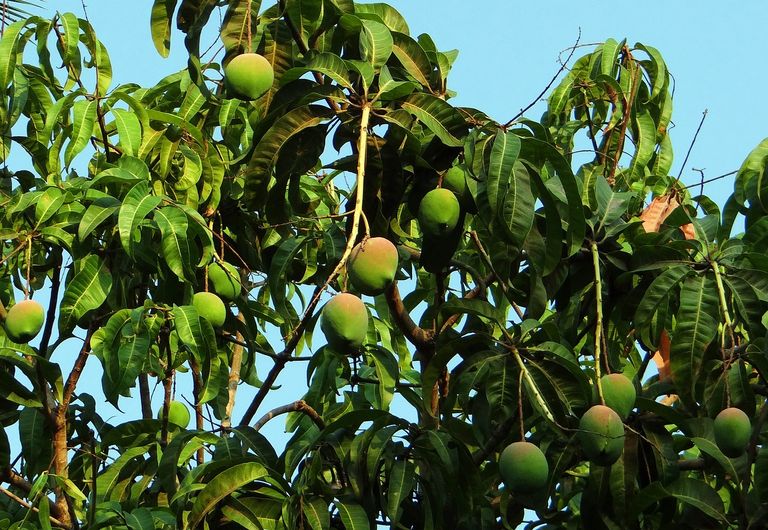
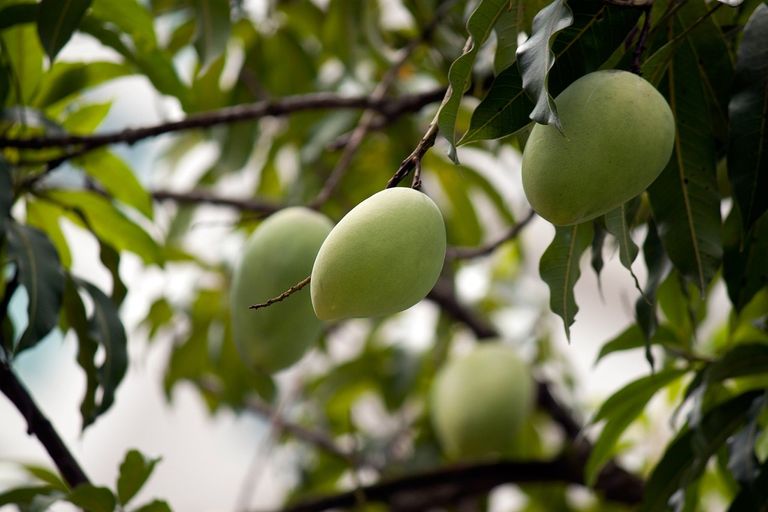
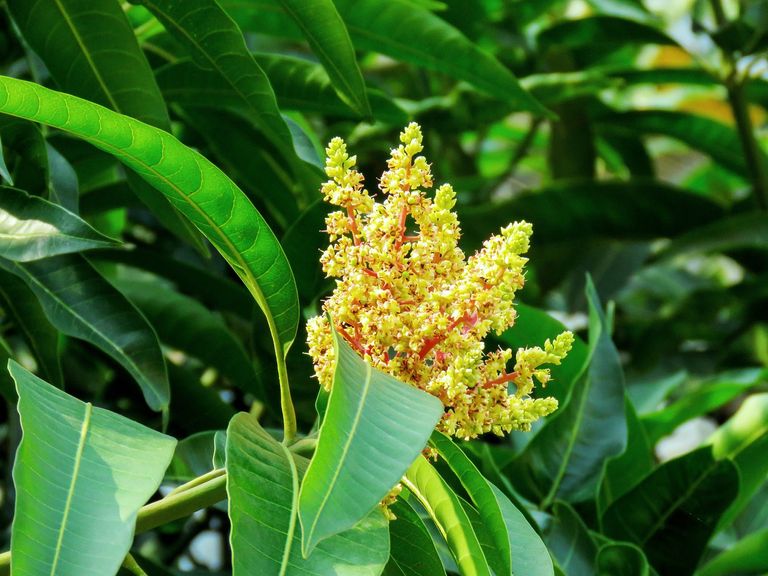
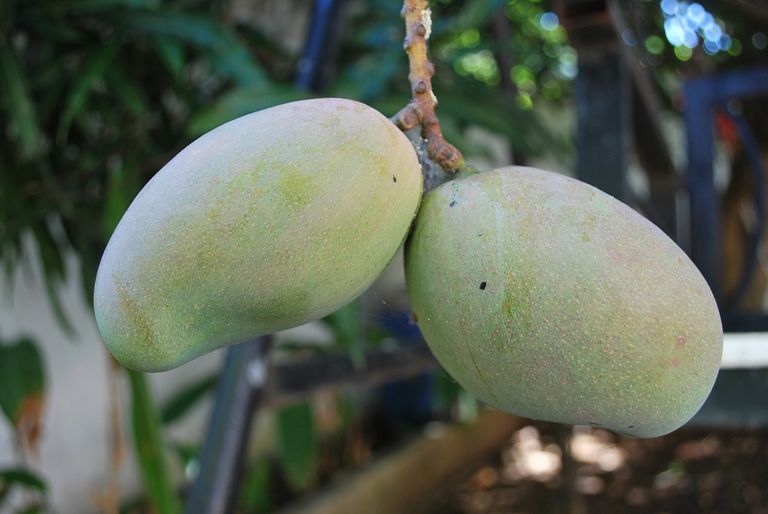
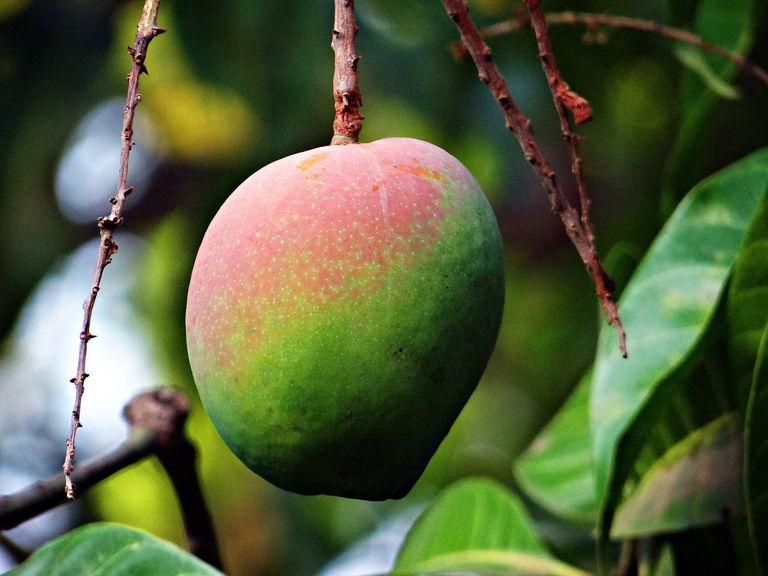
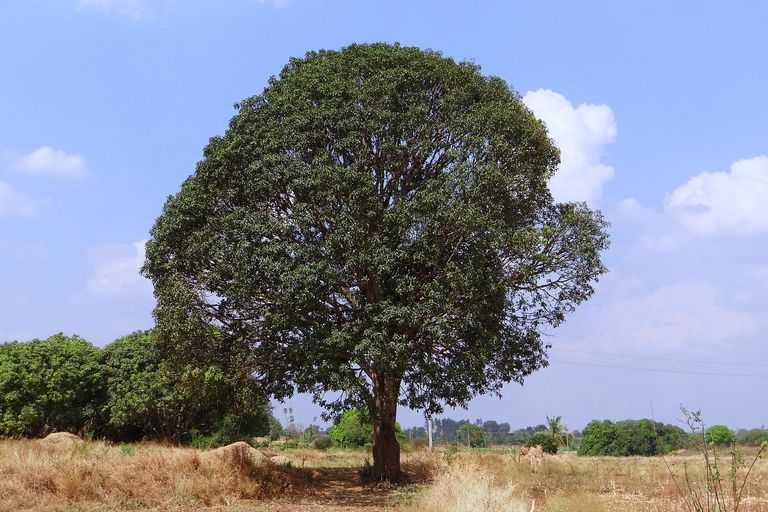
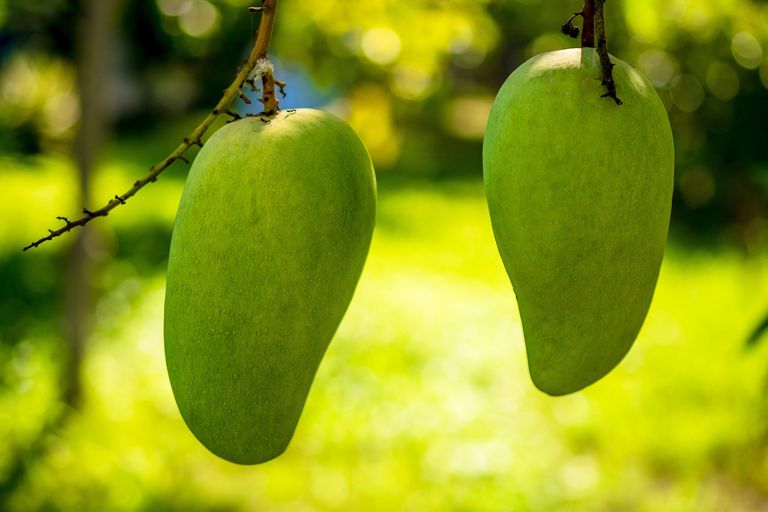
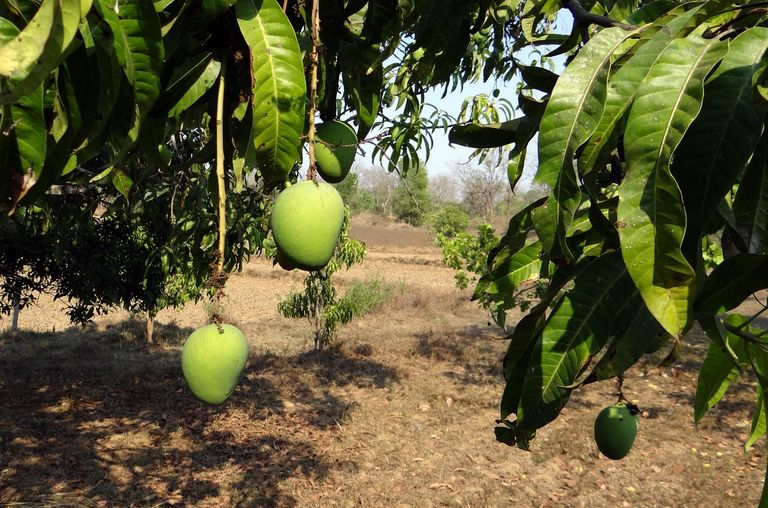
Upvoted. Thank You for sending some of your rewards to @null. Read my last post to make sure that BLURT burning is profitable for you
** Your post has been upvoted (11.48 %) **
Curation Trail is Open!
Join Trail Here
Delegate more BP for bigger Upvote + Daily BLURT 😉
Delegate BP Here
Upvote
https://blurtblock.herokuapp.com/blurt/upvote
Thank you 🙂 @tomoyan
Congratulations! 🏆
You have recieved a coconutty upvote! 🥥
Thank you for contributing to the Blurt Blockchain!
Keep up the great work!
Curated by @outofthematrix!
A little reminder: I am a top 20 Blurt witness, sooo please help me stay there!
Please consider taking a moment to vote for my witness, if you haven't already done so!
You can do this by logging into your wallet with your active key! 🗳️
It only takes a few seconds and doesn't cost a cent!
https://blurtwallet.com/~witnesses?highlight=outofthematrix